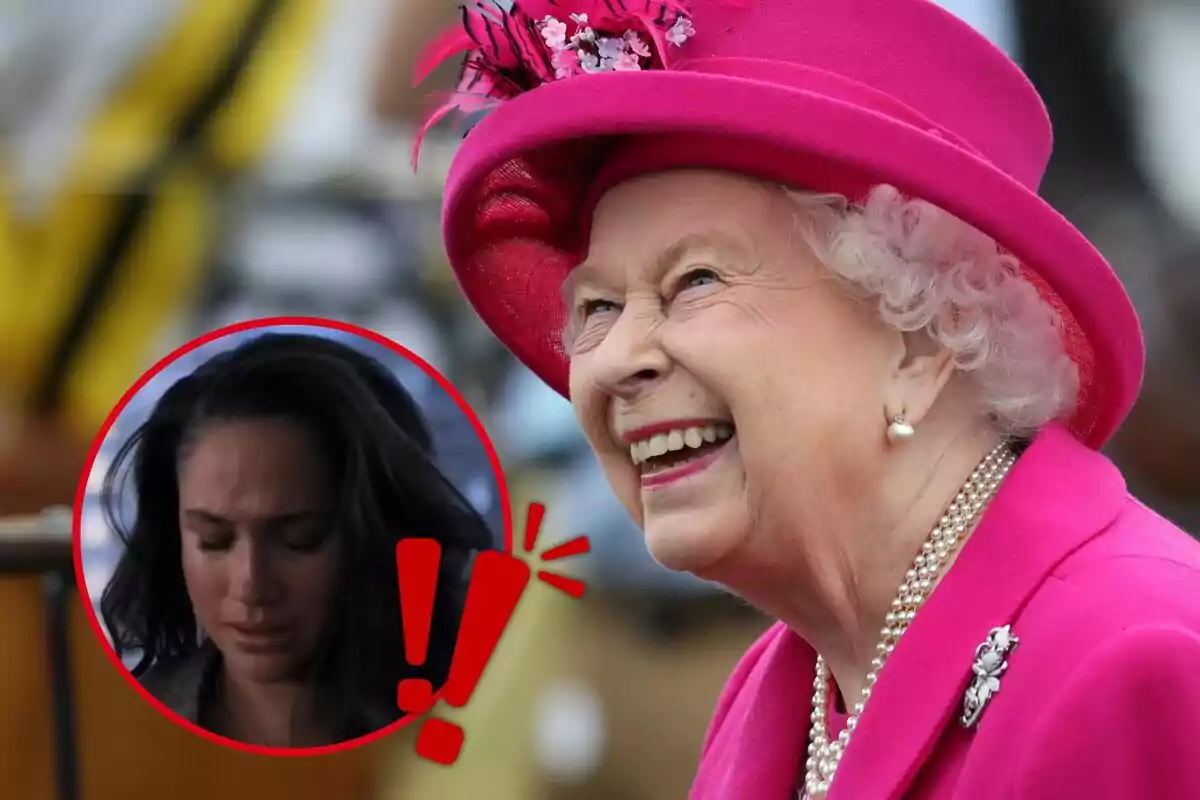In royal households, appearances weigh more than words, and few families have better cultivated the art of silence than the British. However, when it comes to Prince Harry and Meghan Markle, even the walls of Buckingham Palace seem to have had cracks.
Their engagement was announced with joy. Nevertheless, behind that official image, there was a web of tensions, divided opinions, and an approval that, although it came, did not do so without nuances.
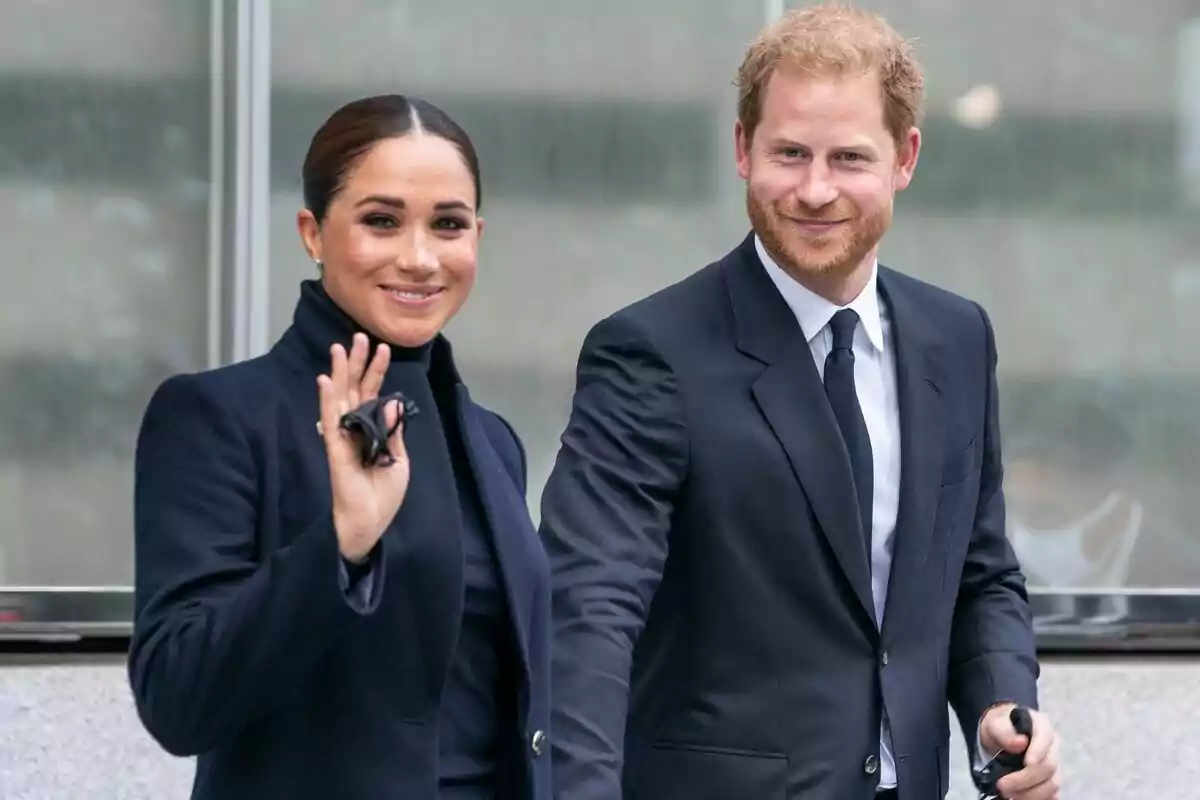
This is what Queen Elizabeth II really thought about Meghan Markle
One of the most decisive moments was when Harry, faithful to traditions, asked for Meghan's hand. Thus, before formalizing the engagement, he had to consult Queen Elizabeth II.
Despite the typical secrecy of the royal environment, it emerged that the monarch gave her consent. According to reports, her response was as diplomatic as it was revealing: "Well, then, I suppose I must say yes."
Elizabeth II was pleased that her grandson had found someone to share his life with. Despite critical voices within the family, the queen seemed to value Meghan Markle positively. But this sympathy was not shared by everyone.
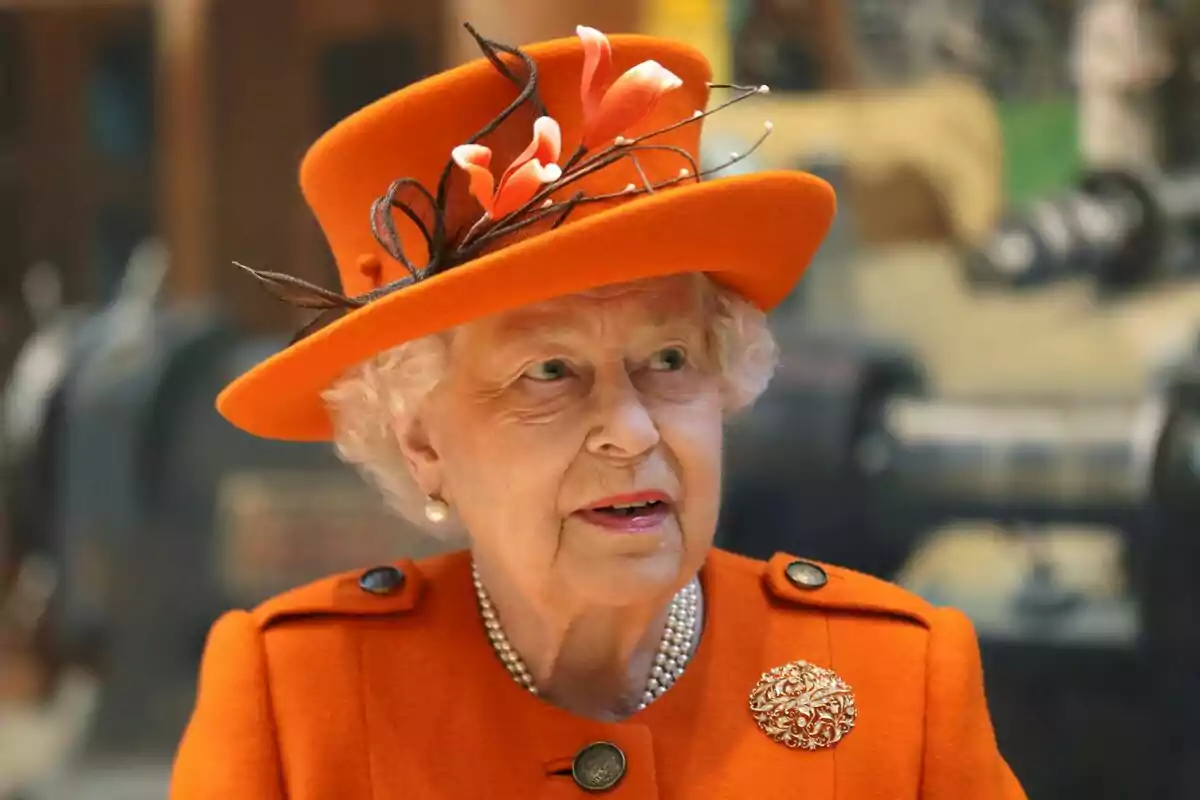
Meghan Markle's entry into the royal family was not easy
Prince Philip, husband of Elizabeth II and known for not holding back his opinions, had a different reaction. Close sources claim that he compared Meghan to Wallis Simpson, the woman for whom Edward VIII abdicated in 1936.
The nickname he supposedly assigned her, "DOW," Duchess of Windsor, spoke for itself. His distrust focused on Meghan's profile, whom he considered an unsuitable figure for the monarchical environment because, in his perception, she was "an American actress."
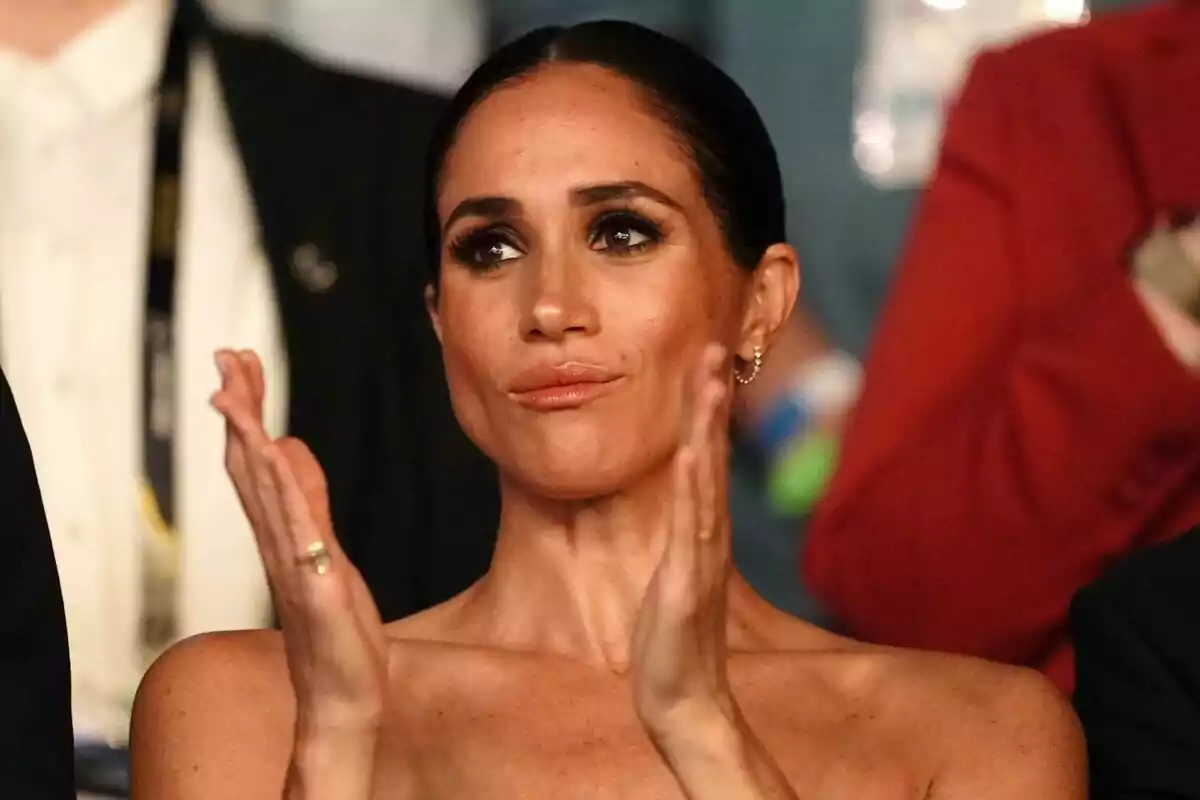
To these reservations was added Prince William, Harry's older brother. According to some testimonies, William expressed his concern about the speed at which the relationship was progressing.
He feared that Meghan wouldn't have enough time to adapt to the country or build her own support network. In fact, it is known that he asked his uncle Charles Spencer to intervene and convince Harry to slow down.
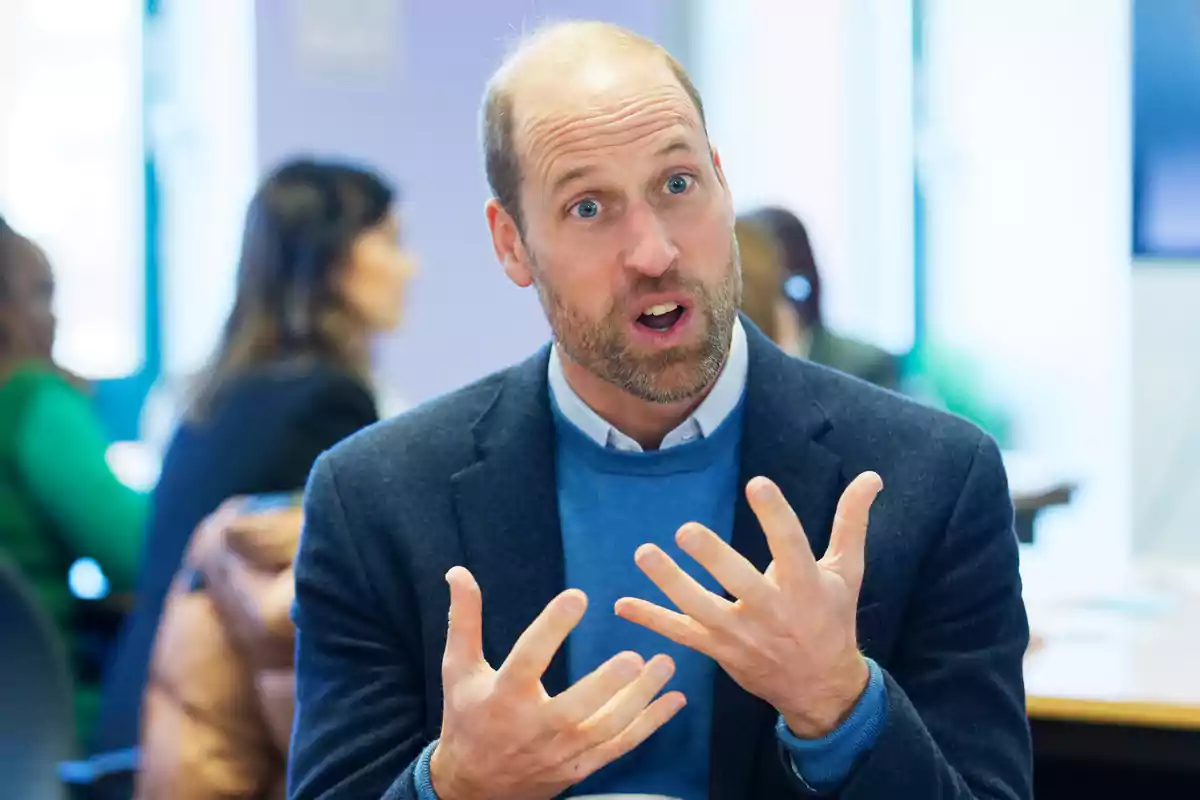
Despite everything, Elizabeth II was, according to all sources, the only significant figure who remained firm in her support. The queen, with the perspective given by her years and her experience at the head of the institution, chose to support her grandson's decision.
Perhaps for that reason, many say that Prince Harry still misses her presence. A figure of authority and affection who, at the time, knew how to be by his side when he needed it most.
